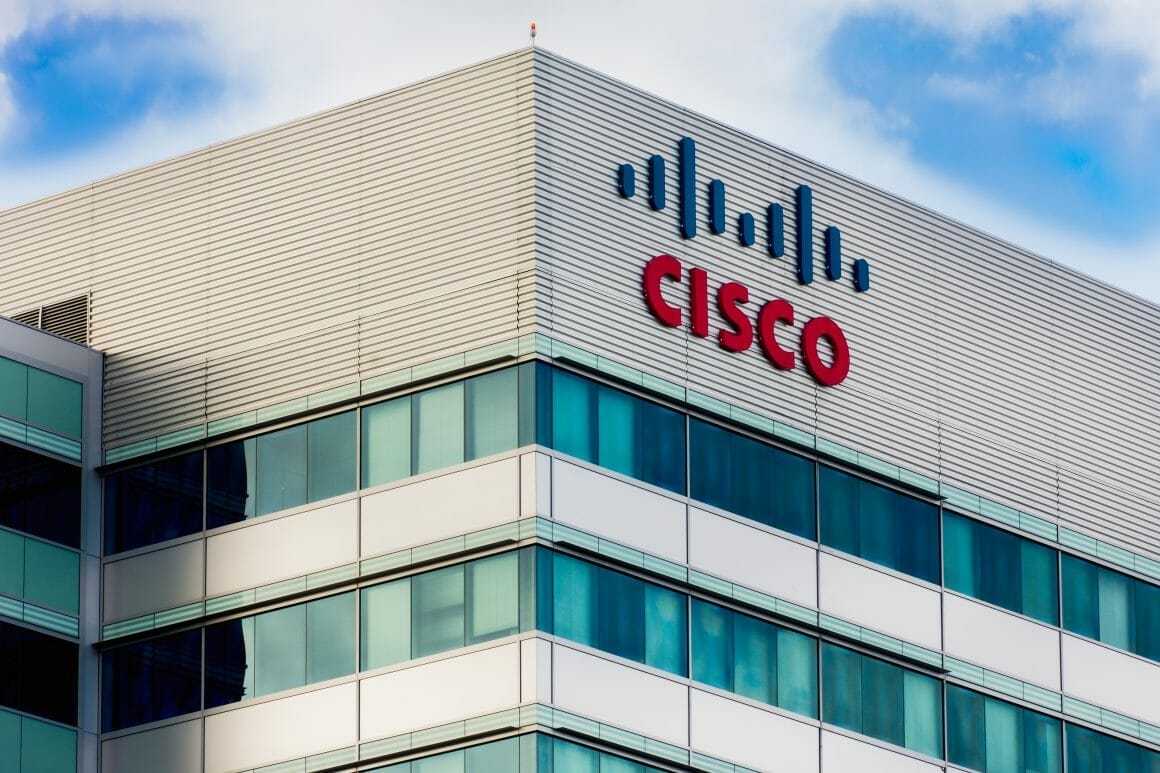Cisco announced that employees are no longer required to return to the office even after the pandemic. The company shared the past week its new hybrid ‘’no return to office’’ policy that allows its 75,000 employees to decide where and how they want to work. Employees get to choose if they wish full-time remote work, part-time or fully return to the office.
During this year, covid-19 cases start decreasing, making employers quickly decide if their staff will continue embracing remote work or not. In most cases, companies chose a hybrid model. From the healthcare industry to tech giants like GoPro, remote work was on the table. Now that the Delta variant appears in the pandemic scenario, employers are still carefully evaluating its next moves. However, for some companies, remote work is the way to go even after the pandemic ends.
Cisco’s Hybrid Working Policy
Before the Covid-19 pandemic, Cisco was one of the few companies that already had people working from home. 14% of the staff were remote workers. Last year, where offices had to close forcibly, that number reached 75% of employees working from home.
After internal surveys and managers studying the company’s productivity and outcomes during 2020-2021, they found out that productivity was not affected by working remotely. Consequently, Cisco’s VP, Jeetu Patel, shared the new policy that focuses on hybrid work:
We believe, definitively, the future of work will be hybrid where people will want to exercise choice. This choice will include what days of the week and even hours that they work, and it may mean coming into an office every day, a couple days, or not at all. What’s even more consequential in this mixed mode of working, it’s that some people will live in entirely different places and still be able to participate in the global economy without having to worry about geography.
Other factors that led the company to choose a hybrid model were saving money and hiring better talent. The main concerns are when it translates to cybersecurity and collaboration. However, Cisco has about $6 billion destined for the research and development of the company. They will be investing in technologies that support the new hybrid work model.
The company expects that 77% of employees will work in the office three days a week and the other days they’ll be working remotely.






